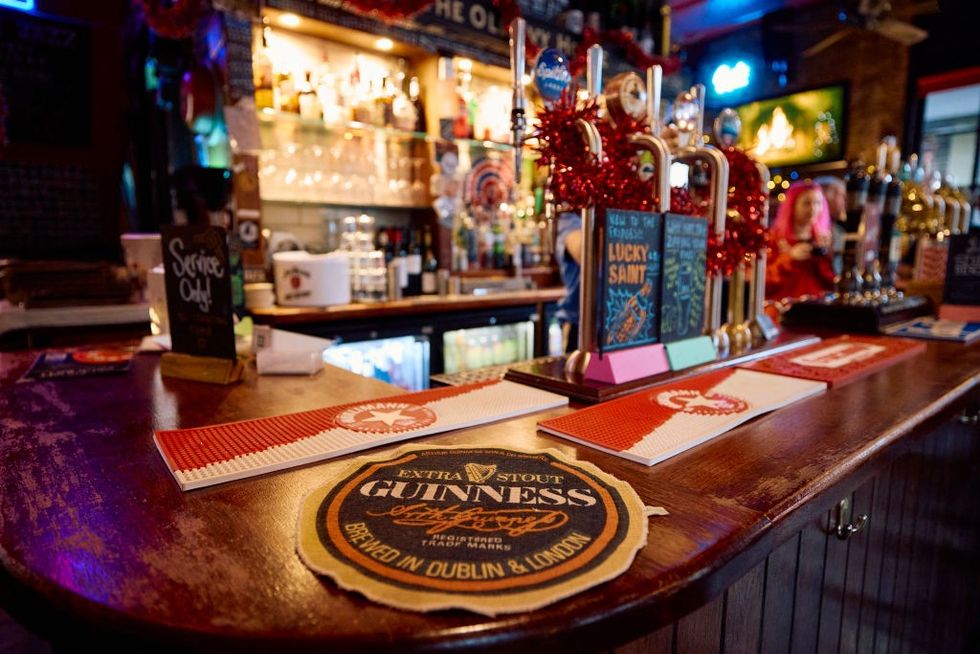There has been a rise in organised shoplifting across the UK, a BBC report stated today (12), claiming such gangs are "operating with impunity" as shoplifting offences have returned to pre-pandemic levels.
The John Lewis Partnership (JLP), which owns Waitrose, said it was seeing "rising numbers of shoplifting offences - often by organised gangs as well anti-social behaviour". The supermarket, headquartered in Bracknell, Berkshire, blamed steal-to-order gangs and anti-social behaviour.
JLP said that, while none of its staff had been seriously injured, some "have been threatened with weapons", with "clearly an emotional cost to them if they feel threatened at work".
"We're seeing a real increase - some are one-off offenders but the majority are shoplifting on a regular basis, switching across all retailers," Lucy Brown, director of security for JLP, told the BBC. "We're also seeing a rise in organised crime with groups targeting stores - they want to take high volumes and high value in one hit."
JLP said its stores used CCTV, private security and some staff wore body cameras. Waitrose has reportedly been trialling "love-bombing" in some of its stores to deter would-be shoplifters.
The British Retail Consortium (BRC) said retail thefts across the sector in England and Wales rose by 26 per cent in 2022. In March, police forces in England, Wales and Northern Ireland recorded almost 33,000 incidents of shoplifting.
Tom Ironside, BRC director of business and regulation, said, "These high levels of theft cost retailers almost £1bn in 2021-22, money that would be better used to reduce prices and invest in a better customer experience."
He said retailers were having to spend "hundreds of millions" of pounds on security staff, CCTV, security tags and other anti-crime measures.
James Sunderland, Conservative MP for Bracknell, stated that targeted shoplifting through organised retail crime is clearly on the rise.
"Gangs appear to be operating with impunity across the South East and there have been instances of violence to staff when they attempt to intervene, not just at Waitrose but all supermarkets," Sunderland told BBC.
Chris Noice, from the Association of Convenience Stores, said people stealing from shops were typically repeat offenders, with drug or alcohol addiction.
However, speaking to You and Yours, he said there was "also a lot of organised crime - people stealing to order".
"We know that because the items being stolen are those higher-value items like meat, alcohol, coffee, confectionery - the kind of items that can be sold on quite easily on social media or down the pub," he explained.




















 A Guinness beer towel on the bar inside The Old Ivy House public house in Clerkenwell, London on December 15, 2024.Photo by BENJAMIN CREMEL/AFP via Getty Images
A Guinness beer towel on the bar inside The Old Ivy House public house in Clerkenwell, London on December 15, 2024.Photo by BENJAMIN CREMEL/AFP via Getty Images